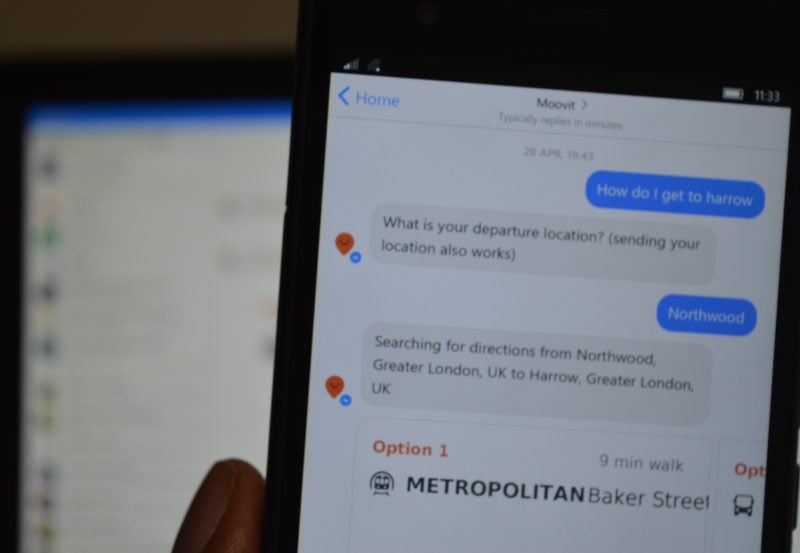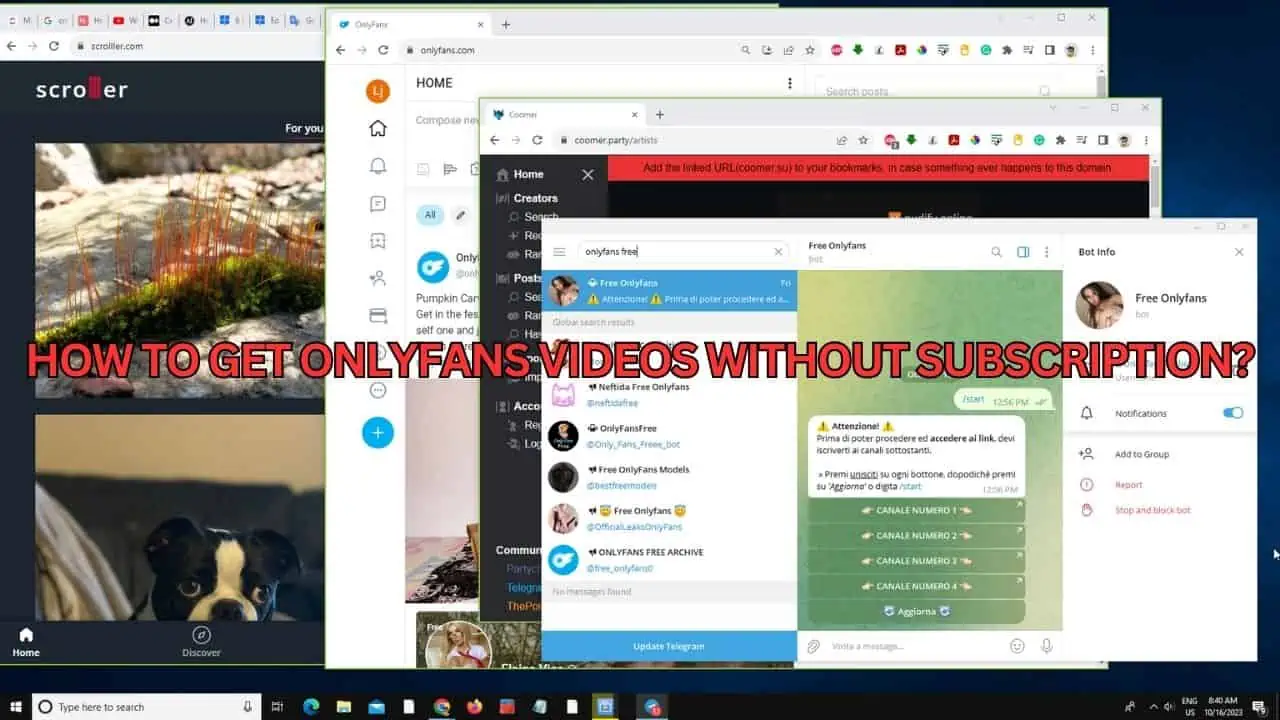Discuss: Is Facebook's new Windows 10 app an upgrade, downgrade or sidegrade?
5 min. read
Updated on
Read our disclosure page to find out how can you help MSPoweruser sustain the editorial team Read more


Despite the original Facebook app for Windows 10 Mobile being officially made by Microsoft staffers, I must admit it always felt like a really good app for my personal use. It as fast to open, had some sweet animations and was well integrated with the new Windows app ecosystem.
Of course, it did have issues with access to new Facebook features like Reactions, Live Video, and often failed to load a few posts from the native Facebook website owing to its nature as a semi- third party app created primarily by Microsoft with some help from Facebook.
The Messenger app for Windows Phone also had a variation of the same issues. It felt like an app that was really built for Windows Phone and took advantage of its user paradigms with Facebook’s unique twist. It didn’t have GIFs like it does now, nor did it possess voice or video calling (like it still doesn’t), but it was reliable and looked good enough on older Windows Phones.
With those issues in mind, then why am I writing this eulogy for the now-defunct apps?
Last week, Facebook released a new app for Windows 10 Mobile to complement the Facebook app it had earlier released for Windows 10 Mobile and Windows 10 for x86 systems. These apps are based on the pre-existing iOS Facebook apps for the iPhone and iPad and ported to Windows 10 using the OSMeta framework. When MSPU reached out to Facebook to clarify this point, the firm declined to comment on specific techniques used in creating its apps, however unpacking the appx file reveals several OSMeta related DLLs and app assets originating from iOS.

While I don’t have any bias against the apps origin – heck I wrote an article espousing that very behaviour. Users should not judge an app by its origin – whether it is a UWP, a Silverlight app or a ported app – rather it should be judged by what it brings to the table and the experience it provides – so far Facebook’s Windows 10 apps haven’t impressed me.
My disillusionment with them didn’t start with the Windows 10 Mobile apps, rather they started with the experience on the PC apps. When using the Facebook apps on a tablet on Windows 10, I observed that the apps would often “forget” they were being used with touch and become unresponsive to taps and swipes, only becoming usable when a keyboard and mouse are brought into the picture. Clearly, this presented an issue with the usability of the apps on tablets and raises questions regarding the stringency of the testing process the apps underwent prior to release.
On mobile devices, the issues with the apps were brought more starkly to my attention – perhaps owing to the weaker chips used by mobile devices. Unlike the apps they succeeded, Facebook’s apps for Windows 10 Mobile have been very slow and unreliable.
Take a common usage scenario of uploading pictures to Facebook or quickly snapping and uploading an image to Messenger, Where it would be a fast and smooth two-step process on Windows Phone 8 with Microsoft apps or the older Facebook Messenger- the current Windows 10 Mobile apps hit you with lag at every corner until one is forced to abandon the process and use a more suitable device for Facebook.
The lag is also present in every facet of the two apps, with slow startup times and visible stutter when navigating the user interface, scrolling up and down, leaving conversations etc.
Especially egregious is Messengers habit of allowing notifications to stack up on your phone, but only actually loading the messages when you open up the app. While this “feature” is present on iOS and Android to some degree, the process is much slower and noticeable on Windows, with a day of new messages taking 30 seconds or so to populate in the app.
The most damning for me is – despite Facebook stating that it was “all-in” on Windows 10- that announcement appears to heave been merely PR. Facebook Messenger’s new features for one are often announced with much fanfare on Facebook and Twitter by David Marcus – Facebook’s Messenger VP. In the months since the Facebook Messenger app for Windows was released, I have not seen a single acknowledgement of the apps on his page, nor does he acknowledge that Facebook has a Windows app when discussing new features for iOS and Android. This suggests that while Facebook for Windows 10 is developed by Facebook, its status as a side project hasn’t changed yet, and the current state of affairs will continue until further notice (or Facebook pulls an Amazon and releases a web-app)

With that in mind, I’m not impressed by Facebook’s apps on Windows 10 Mobile. Not only do I have concerns about their longevity, but I am actively disheartened that they lack the reliability and stability of the apps they succeed. For apps which are used by a large number of the population to gain features (and a brand name) but at the cost of losing usability is a terrible shame indeed. But perhaps I could be out of touch with the consensus on the Facebook apps, or be leaning too critically on this opinion. With that in mind, please discuss/share your experiences with Facebook for Windows 10 – Mobile especially – in the comments below.









User forum
123 messages